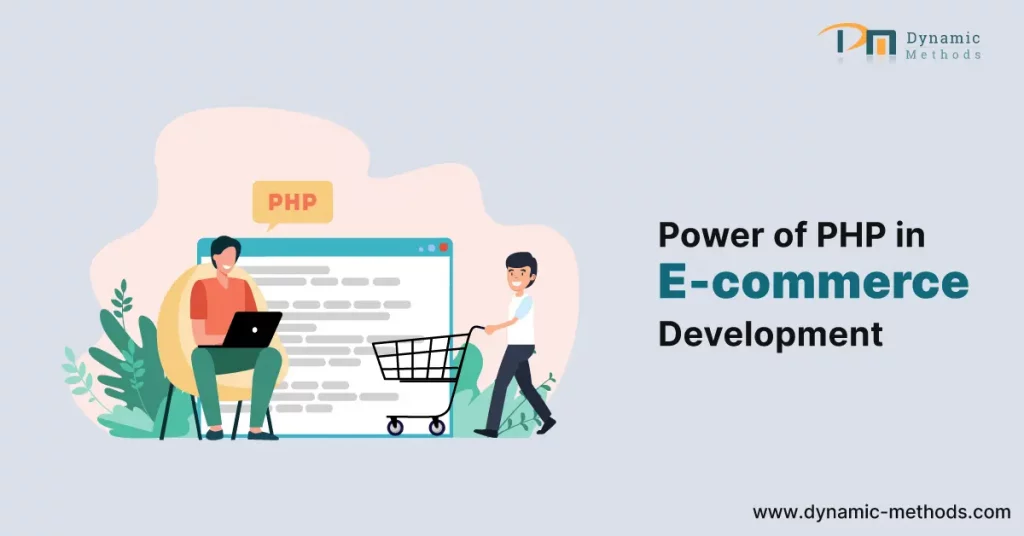
Introduction
In the ever-evolving world of ecommerce development, selecting the right PHP framework is crucial for constructing robust and scalable online stores. PHP frameworks provide the foundation and tools necessary to streamline the development process and create feature-rich e-commerce websites. In this article, we will delve into some of the best PHP frameworks for e-commerce development, focusing on the exceptional capabilities of Laravel, Symfony, and Yii. By exploring their unique features, performance advantages, and vibrant community support, you can make an informed decision for your next e-commerce endeavor.
Laravel: Empowering E-commerce Development
Laravel has garnered significant traction in recent years, emerging as a powerful and popular PHP framework. Its elegant syntax, extensive feature set, and developer-friendly environment make it an excellent choice for e-commerce development.
Features and Benefits
Laravel boasts a wide range of features that greatly benefit ecommerce development. Its built-in ORM (Object-Relational Mapping) system, known as Eloquent, simplifies database operations and enhances data management. With Laravel’s robust routing system, you can effortlessly create flexible and intuitive URL structures, making it easier to build SEO-friendly e-commerce websites. Additionally, Laravel provides a convenient authentication system, user-friendly form validation, and seamless integration with popular e-commerce packages and APIs.
Performance Analysis
Performance is a top priority for Laravel, and it offers various optimization techniques to enhance the speed and responsiveness of e-commerce websites. Its built-in caching system, coupled with support for multiple caching drivers, allows developers to significantly improve website performance. However, it’s crucial to consider specific performance requirements and implement caching strategies accordingly to achieve optimal results.
Community Support
Laravel boasts a thriving and responsive community that contributes to its continuous growth. The framework provides comprehensive documentation, tutorials, forums, and a vibrant ecosystem of third-party packages. Should you require support or resources for your e-commerce development journey, the Laravel community is known for its helpfulness and expertise.
Symfony: Flexibility for Complex E-commerce Projects
Symfony stands as a flexible and highly customizable PHP framework, excelling in handling complex enterprise-level e-commerce applications. It follows the MVC (Model-View-Controller) architectural pattern and provides a modular structure that allows developers to choose the components they need.
Features and Benefits
Symfony offers a rich set of features that prove particularly advantageous for large-scale e-commerce projects. Its powerful dependency injection container simplifies component management and promotes code reusability. Symfony’s built-in form generation and validation streamline the handling of user input, while its excellent database support ensures efficient data management. Moreover, Symfony emphasizes extensibility and interoperability, allowing seamless integration with existing systems and APIs.
Performance Analysis
Symfony is renowned for its exceptional performance capabilities. Leveraging various caching mechanisms and supporting HTTP caching, Symfony ensures optimal speed and efficiency. These performance optimizations make Symfony an ideal choice for e-commerce websites with high traffic and demanding performance requirements.
Community Support
Symfony boasts a mature and active community that actively maintains the framework and contributes to its growth. This community-driven nature ensures extensive documentation, tutorials, and a rich library of reusable components called bundles. Whether you seek expertise or assistance, the Symfony community serves as an invaluable resource for e-commerce developers.
Yii: High Performance for E-commerce Excellence
Yii stands as a high-performance PHP framework that prioritizes speed, security, and rich feature sets. It’s designed to handle large-scale applications with complex requirements while maintaining excellent performance.
Features and Benefits
Yii offers a comprehensive set of features tailored for e-commerce development. Its powerful ORM (ActiveRecord) simplifies database interactions, and its scaffolding feature enables rapid prototyping. With built-in support for RESTful API development, Yii facilitates the construction of e-commerce websites with robust API integrations. Additionally, Yii’s role-based access control enhances security, while its caching mechanisms optimize performance.
Performance Analysis
Yii is renowned for its exceptional performance. By utilizing various caching techniques, supporting query caching, and employing lazy loading to optimize resource usage, Yii ensures high-speed and efficient operations. These performance optimizations make Yii an ideal choice for e-commerce websites that require exceptional speed and reliability.
Community Support
Yii enjoys an active and supportive community that provides extensive documentation, tutorials, and forums. The community’s commitment to maintaining the framework ensures developers have access to valuable resources and assistance when needed. The community support surrounding Yii significantly contributes to the framework’s stability and continuous growth.
Conclusion
When it comes to e-commerce development with PHP, Laravel, Symfony, and Yii emerge as the top choices. Laravel offers a feature-rich and developer-friendly environment, making it suitable for a wide range of e-commerce projects. Symfony excels in handling complex enterprise-level applications, providing flexibility and extensibility. Yii prioritizes high performance and security, making it an excellent choice for demanding e-commerce websites. By evaluating the features, performance, and community support of these frameworks, you can make an informed decision for your e-commerce project and create a powerful and scalable online store.
Are you ready to embark on your e-commerce journey? Dynamic Methods is a leading web application development company that you can Contact us today to discuss your project requirements and discover how our experienced team can help you build a stunning and successful e-commerce website. Let’s turn your vision into a reality.
FAQs
1. Which PHP frameworks are best for e-commerce development?
The best PHP frameworks for e-commerce development are Laravel, Symfony, and Yii. These frameworks provide robust features, scalability, and excellent community support, making them ideal choices for building powerful and scalable e-commerce websites.
2. What are the advantages of using Laravel for e-commerce development
Laravel offers several advantages for e-commerce development. Its built-in ORM system, Eloquent, simplifies database operations and enhances data management. Laravel’s routing system allows for flexible and SEO-friendly URL structures. It also provides authentication systems, user-friendly form validation, and seamless integration with popular e-commerce packages and APIs.
3. How does Symfony handle complex e-commerce projects?
Symfony is well-suited for complex e-commerce projects due to its flexibility and extensibility. It follows the MVC architectural pattern and provides a modular structure, allowing developers to choose the components they need. Symfony’s powerful dependency injection container simplifies component management and promotes code reusability. Its built-in form generation and validation streamline handling user input, and it offers excellent database support for efficient data management.
4. What performance optimizations does Yii offer for e-commerce websites?
Yii prioritizes high performance for e-commerce websites. It utilizes various caching techniques, supports query caching, and employs lazy loading to optimize resource usage. Yii’s caching mechanisms enhance speed and efficiency, making it an ideal choice for demanding e-commerce websites with high-speed requirements.
5. How can I get support and resources for these PHP frameworks?
All three frameworks, Laravel, Symfony, and Yii, have active and supportive communities. They provide extensive documentation, tutorials, and forums where developers can find support and resources. The communities actively maintain the frameworks and contribute to their growth, making them valuable resources for e-commerce developers. Additionally, online resources, such as official websites and developer communities, offer a wealth of information and assistance for working with these frameworks.


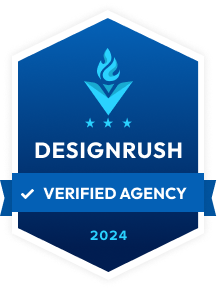
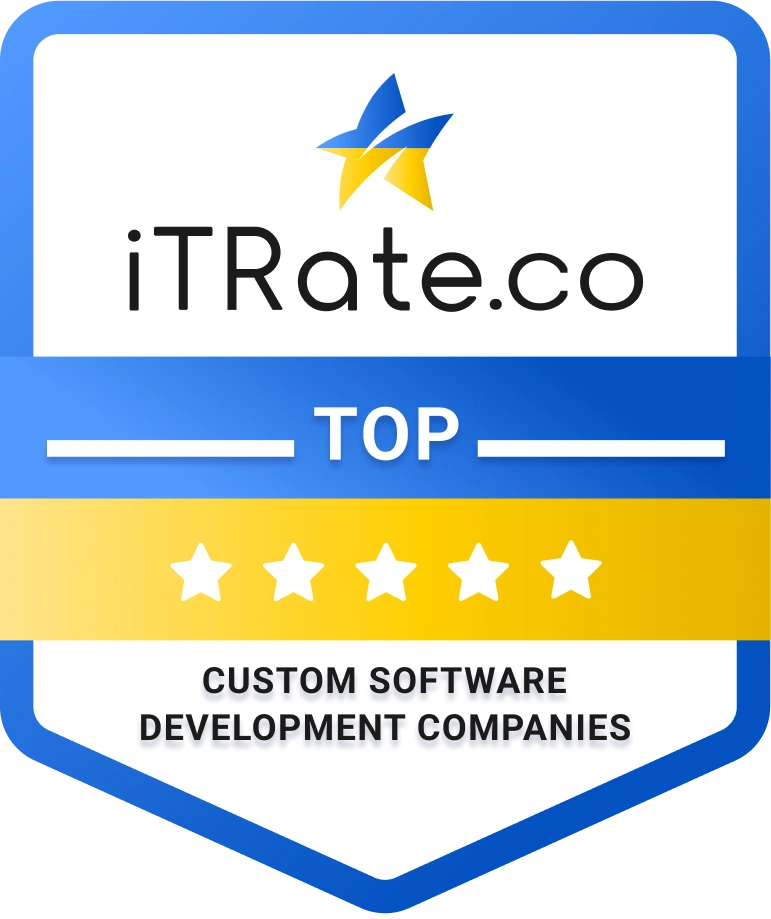
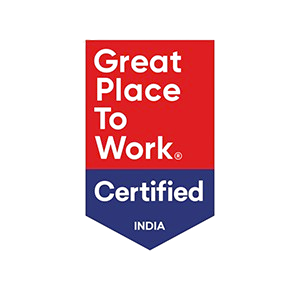


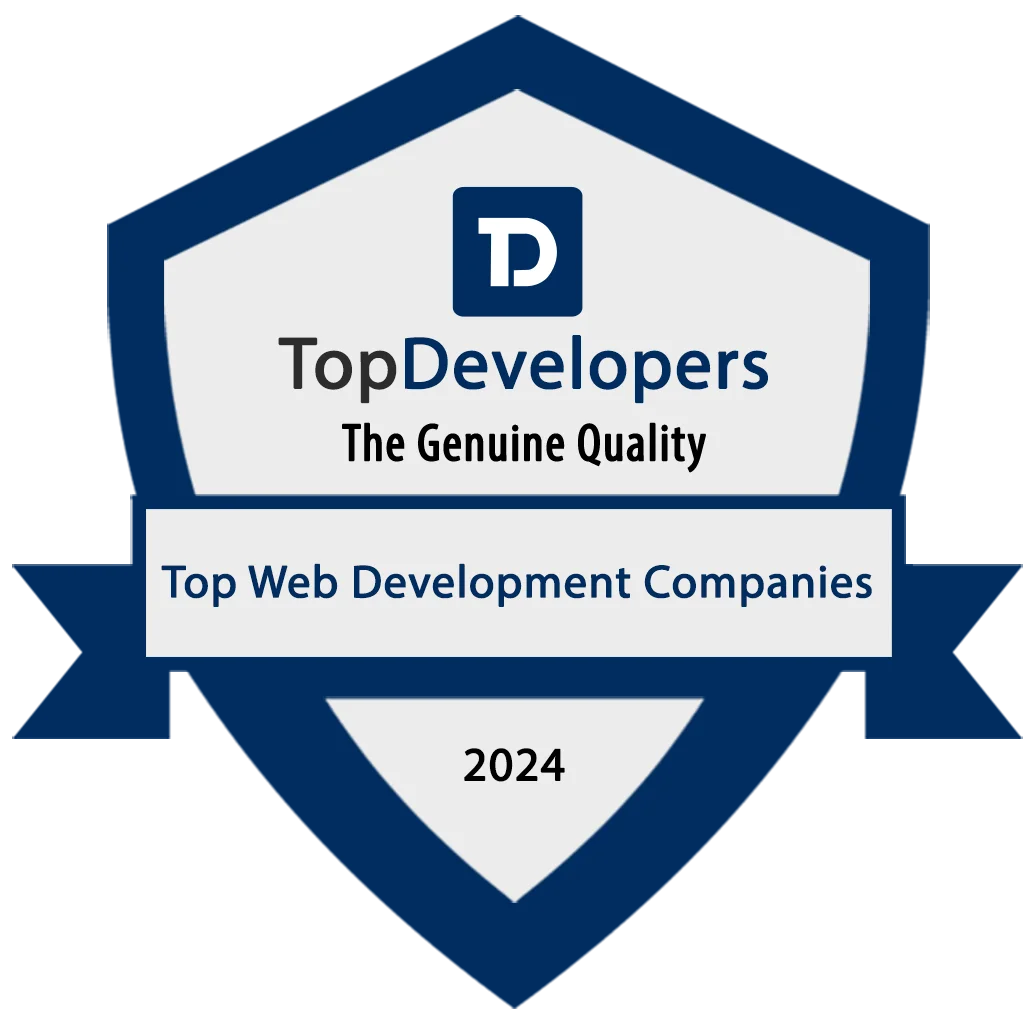
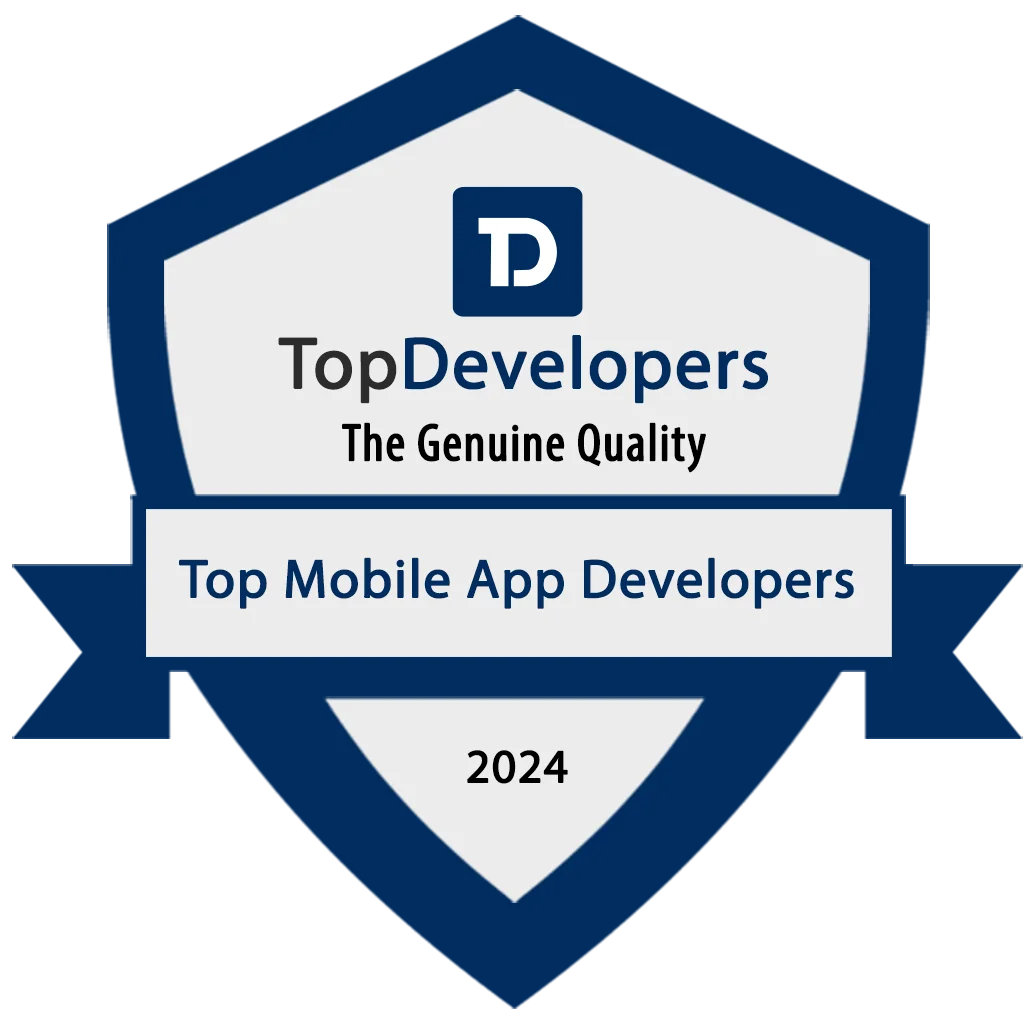
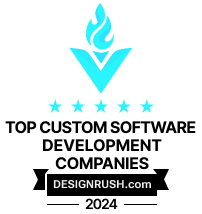
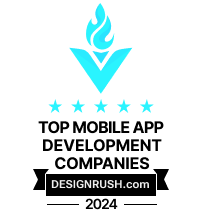
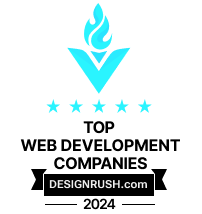
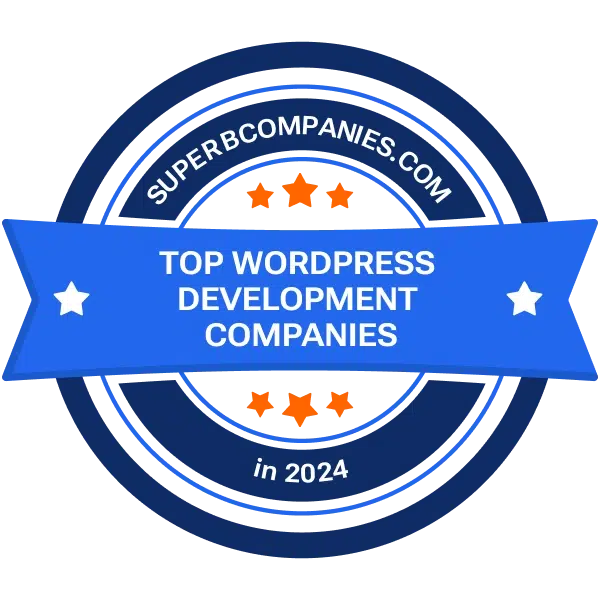
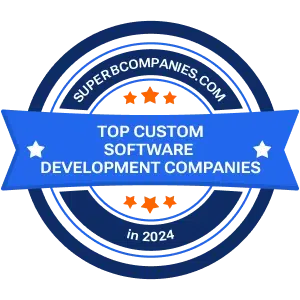
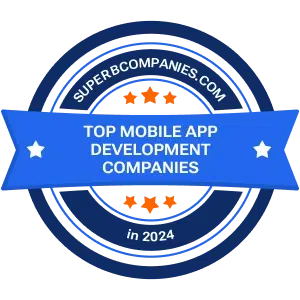
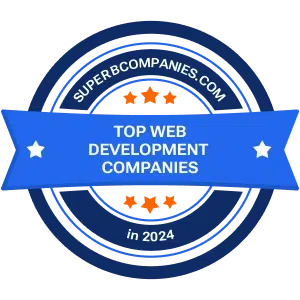




Thanks for sharing. I read many of your blog posts, cool, your blog is very good.
Thank you for your kind words and taking the time to read the blog post! I’m glad you found them good and valuable. If there is any topic that interests you or you have any questions, feel free to let me know. Your feedback is greatly appreciated!
Your article helped me a lot, is there any more related content? Thanks!
I’m glad the article was helpful! For more related content, you can check out on my blog section and filter the web application category.
Your article helped me a lot, is there any more related content? Thanks!
I’m glad to hear the article was helpful! Yes, there are more related posts on this topic. Feel free to check them out on our blog, and let me know if you have any specific questions!
Your article helped me a lot, is there any more related content? Thanks!
I’m glad it helped! Yes, there’s more related content—feel free to explore my other posts for more information!
I don’t think the title of your article matches the content lol. Just kidding, mainly because I had some doubts after reading the article.
Thanks for your feedback! Feel free to share your doubts, and I’ll gladly clarify them for you.
I don’t think the title of your article matches the content lol. Just kidding, mainly because I had some doubts after reading the article.
Thanks for your feedback! Feel free to share your doubts, and I’ll be happy to clarify.
Can you be more specific about the content of your article? After reading it, I still have some doubts. Hope you can help me.
Thank you for your feedback! Let me know what specific points you’d like clarified, and I’ll be happy to help.
Thank you, your article surprised me, there is such an excellent point of view. Thank you for sharing, I learned a lot.